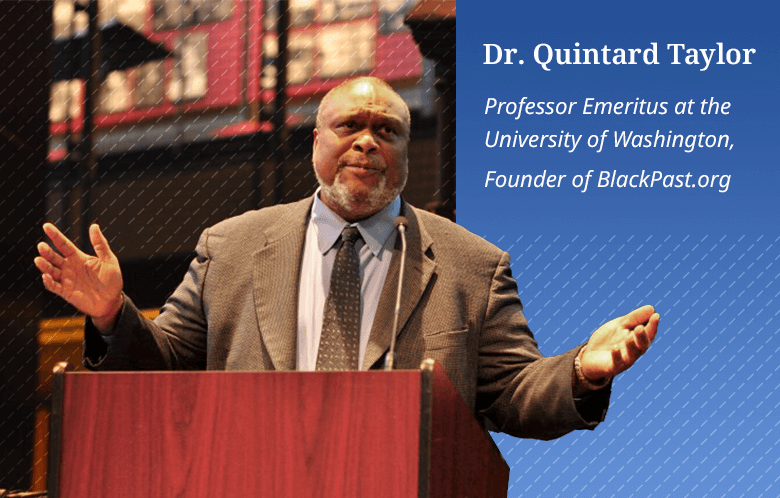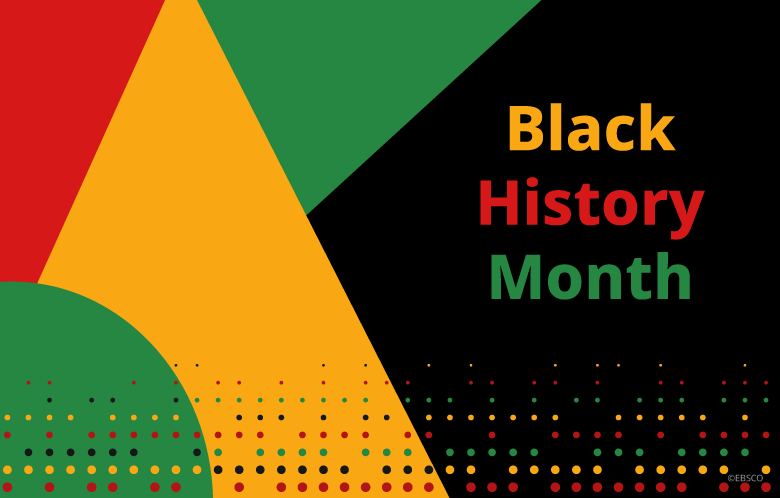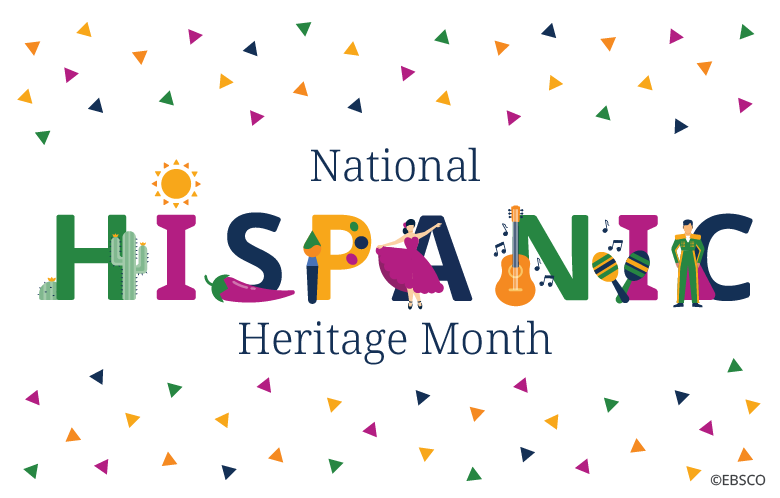Post updated 7/21/2023
EBSCO has released a free research database called Exploring Race in Society. Specifically designed for students and faculty at the high school and college levels, this database provides context and solutions-oriented points of view within a scholarly collection of proprietary and licensed content on topics related to race, ethnicity, diversity and inclusiveness. Educators can use these materials to increase awareness, encourage discourse, and help students develop a fuller understanding of how current issues stem from actions and policies of the past.
One of the key content contributors to the Exploring Race in Society database is BlackPast, an online reference center dedicated to providing information to the public on African American history and the history of more than one billion people of African ancestry around the world.
BlackPast founder Quintard Taylor is the Scott and Dorothy Bullitt Professor of American History and professor emeritus at the University of Washington. His new book, “The Forging of a Black Community: Seattle’s Central District from 1870 through the Civil Rights Era,” explores the history and Black urbanization of Seattle.
We asked Dr. Taylor to tell us more about BlackPast and its partnership with EBSCO.
Q. Describe the catalyst and evolution of BlackPast.
A. In 2004, my teaching assistant, George Tamblyn, suggested that I post to my University of Washington faculty website profiles of prominent figures in African American history (e.g., Frederick Douglass, Martin Luther King, Rosa Parks, etc.) so that I would not have to take up valuable lecture time describing their backgrounds. I followed his suggestion, and he wrote about 30 entries that were posted on my faculty site. We failed to gate the site, however, to limit the information to UW students only. About a year later, I got an email from a high school student in New Zealand asking that I answer questions about information on the faculty site.
Shortly afterwards I received an invitation from the U.S. State Department to tour Russian (Siberian) Universities to discuss African American history because university students in that region had begun to use my faculty website. I subsequently took a 15-day State Department-sponsored lecture tour of major Siberian universities where I presented African American history to Russian university students. After that tour I returned to the University of Washington committed to the idea of creating a separate website dedicated to African American history. That website would become BlackPast.org and was officially launched on February 1, 2007. In its first year it reached 199,645 visitors. In 2021 the site had 6.1 million visitors from nearly 200 nations. The number of entries had grown from 30 to now more than 8,200 written by volunteer content contributors from six continents. This past February, BlackPast saw one million visitors in a month for the first time. The website itself is now well over 10,000 pages.
Q. Why did you decide to participate in EBSCO’s Exploring Race in Society free database project?
A. The answer is simple. Both EBSCO’s project and BlackPast are dedicated to confronting and ending systemic racism. EBSCO is providing free information to teachers across the U.S. We at BlackPast see EBSCO’s project as a way to share our information with a much larger audience. We believe that one way of confronting racism is to simply tell the truth and spread the word about African American history. EBSCO is providing a larger platform for our work.
Q. What role can libraries and librarians play in dismantling institutional racism?
A. Libraries are repositories of the world’s collective knowledge and wisdom (now along with the internet), and librarians are the curators of that knowledge. We believe, as stated above, that knowledge — and in particular, accurate, reliable information — is a direct challenge to systemic racism. If that is the case, then libraries and librarians are on the front lines of this battle against ignorance and racism. Whatever we can do at BlackPast to help them [ultimately] strengthens their ability to carry on the fight against racism.



